Last Updated: 28/05/2025
How to Find a Good Vet
Are you searching for the right vet for your pet? Take a read through our guide to know what to look for!
Author: Dr Brittany Ward BVSc
Reading Time: 53 minutes - long read
Congratulations! Chances are if you are reading this, you are planning to add a new furry, feathered or scaled member to your family. There's a rush of excitement bringing a new pet into the home and trying to get yourself all the essentials from food and beds to toys and accessories. No doubt you've got an impressive stockpile of essentials, but do you know where you're going to take them when they get sick?
Every pet will need to visit the vet at some point, whether it be for routine checkups or for unexpected health problems. You'll want to know where you are going to take them and you'll want to trust that your chosen clinic is going to give your pet the best care. Sometimes, your vet will know your pet from their first vaccine until their final moments, so it's important that you pick the right one!
When Should You Start Looking For A Vet?
If you want to be as prepared as possible to bring your new pet home, you need to know where you are going to take them to the vet before you pick them up. You never know what could happen or how soon you may be in need of veterinary services.
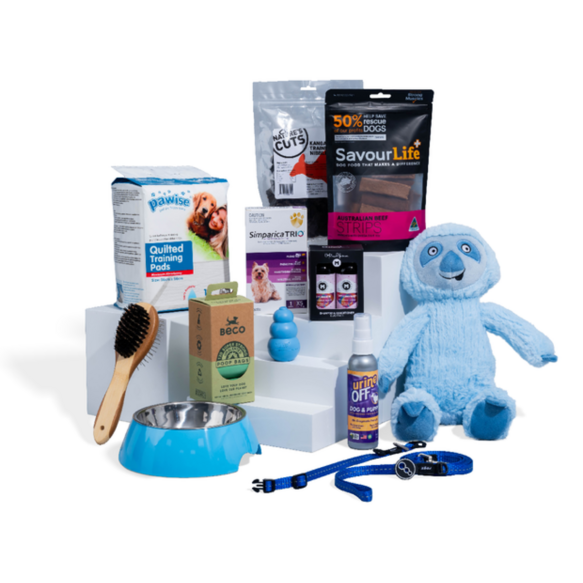
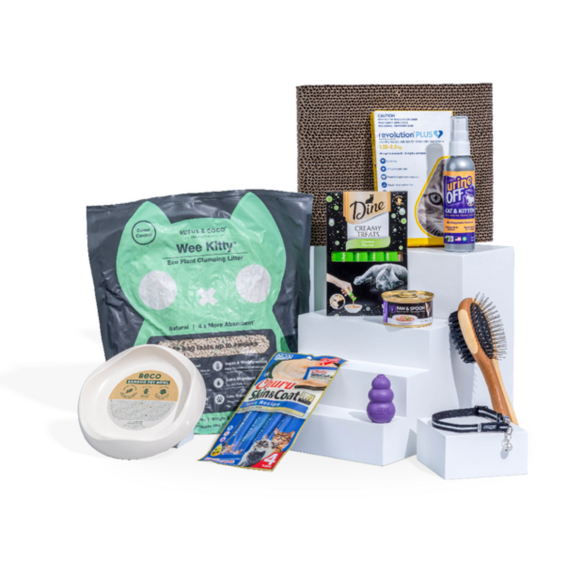
Questions To Ask A Vet
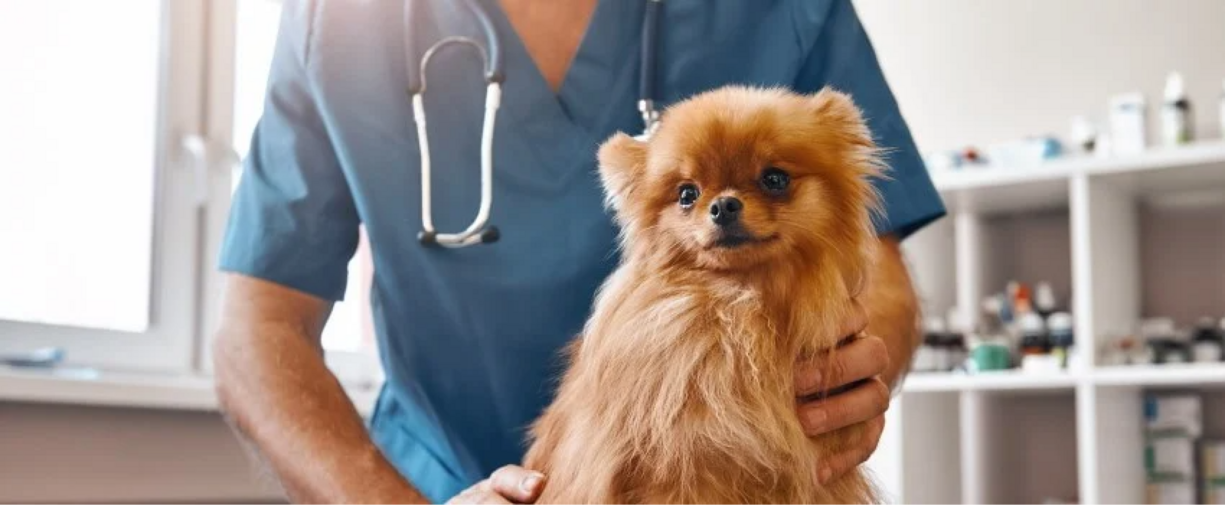
10 Questions To Ask When Looking For A Vet:
1. Where should you look for a vet?
2. What species does the vet treat?
3. What hours is the vet open and do they offer after hours?
4. What qualifications do they have?
5. How many vets are on staff and do you see the same vet?
6. What In House Services Do They Provide?
7. What Are Their Protocols For Emergency and Overnight Patients?
8. Do They Have A List Of Preferred Specialists?
9. Do They Offer Payment Plans?
10. How Welcoming Is The Clinic?
1. Where Should You Look For A Vet?
If you are in an emergency situation, you don't want to be driving 2 hours to get to your vet if you can help it. So look locally and try to choose a practice that is within 5-10 km from home and takes less than 30 minutes to get there.
You can search online to find all the general practices in your local area, and make note of where the nearest emergency clinic is too. It is also often best to ask around and chat to other pet owners in the area about which Vet they prefer and why.
2. What Species Does The Vet Treat?

Not all vets will treat all species, some clinics may refine themselves to Cats, Small Animals (Dogs and Cats), Equine, Large Animals or Avian and Exotics. If you have a menagerie of pets, then you may need to look for a couple different vets or seek out a Mixed Practice Vet.
3. What Hours Is The Vet Open and Do They Offer Emergency Or After Hours?
You are probably a busy person, so when will you be able to take your pet to the Vet? If you work a 9-5 job, 5 days a week, and that happens to be the same hours the clinic works, you might have to take time off to take your pets to the Vet. So make sure your Vet will be open at times when you are able to get there.

What are your opening hours?

Are you open on weekends?

Do you offer an emergency or after hours service and for what times?
4. What Qualifications Does The Vet Have?
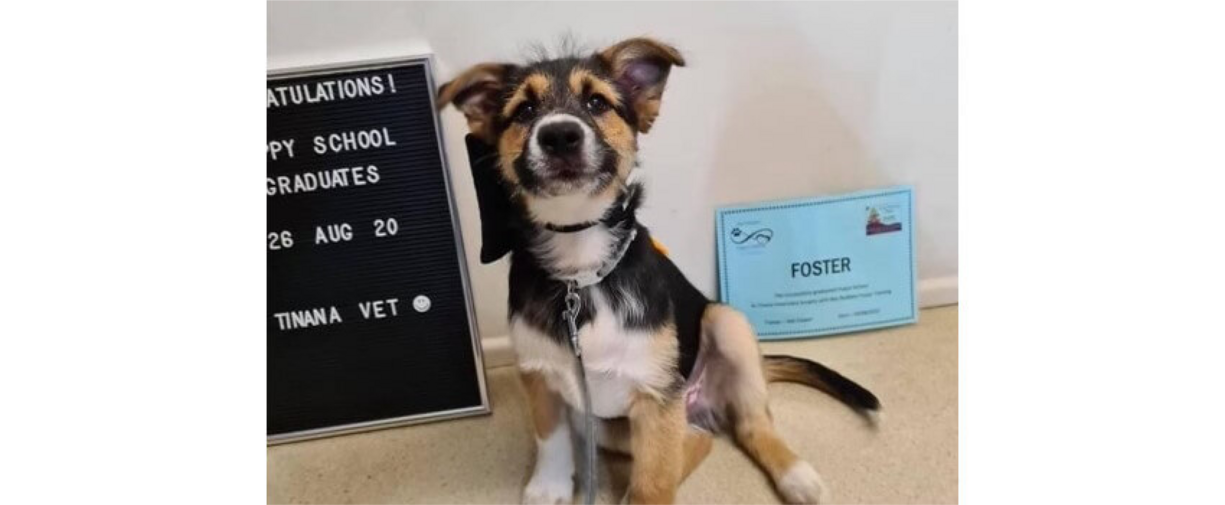
Australia operates on a state by state registration basis. Each clinic and practising veterinarian will be registered with their relevant state's board. Each board's website will allow you to search the practise name and veterinarians at the clinic to confirm their qualifications.
All vets are required to complete continuing education to maintain their registration, and some Veterinarians may have additional qualifications as a result of these studies or if they have specialist qualifications, such as ophthalmologists or dermatologists.
The vet or clinic may also be members of other professional organisations, such as the Australian Veterinary Association (AVA), or special interest groups that represent their primary areas of further study and competency in certain fields.
Another qualification you might want to ask your clinic about is Fear Free Certification. This may be obtained as a clinic or individually and is a certification that the clinic has taken additional studies into Fear Free Handling and practises these handling techniques in their clinic to provide your pets with an experience that is as stress free as possible. Just because a clinic isn't certified, doesn't mean their practices aren't 'fear free', but it may be an additional reassurance for you as a pet owner.
You can access the individual boards here:
- QLD Veterinary Surgeons Board
- Veterinary Practice Board WA
- Veterinary Practitioners Board of NSW
Curious what qualifications our Vet Squad have? You can meet the team on our Meet The Team Page.
5. How Many Vets Are On Staff and Do You See The Same Vet?
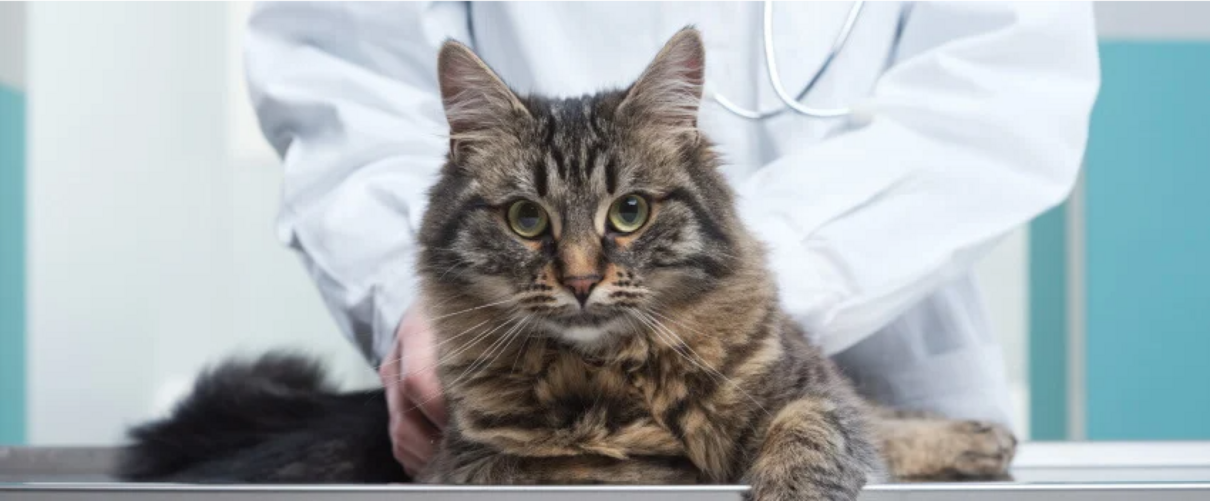
Many practices are very busy clinics and will see a large number of patients each day, so will have a roster of vets available to meet those needs. Often, the vets will rotate their shifts, so you may not see the same vet every time. Smaller clinics may only have one or two vets on staff, so you may consistently see the same vet. If the clinic does have a few vets, check if you are able to book with the same vet every time.
Sticking with the same vet can help your pet build a bond with their regular vet and help provide consistency in their ongoing care, especially if you are trying to manage an ongoing health condition. Having a large number of vets on staff can offer more opportunity to get a second opinion or a treatment plan that has been constructed from a wider and more experienced knowledge base.
6. What In House Services Do They Provide For Pets?
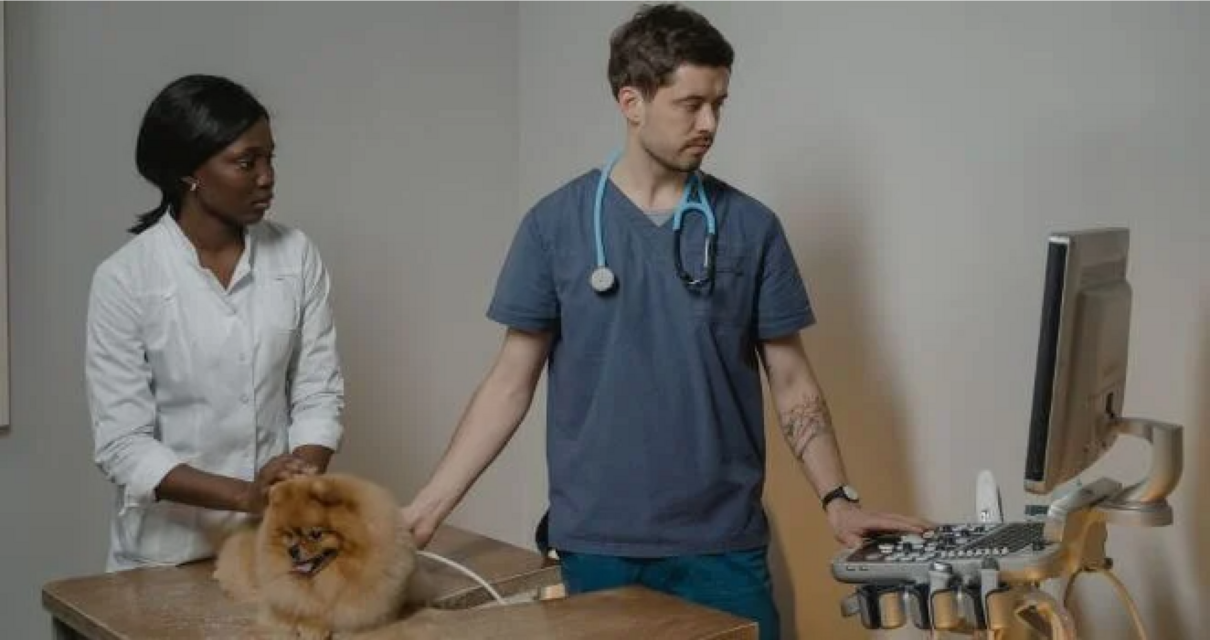
You want to know that your pets are getting the best care they can and that any testing can be accessed quickly.
Some common in-house services that clinics provide are:

Complete Blood Count and BioChemistry (Blood Testing) - Do they offer advanced blood tests or do they have connections with a Lab that can run these?

X-Rays - Do they also offer dental x-rays?

Ultrasound

Urine and Faecal Sampling

Basic Cytology (sampling lumps, ears and skin and examining it under the microscope)

Dentistry

Surgery - Do they offer emergency surgeries or routine only? Do they offer preventative surgeries, such as Gastropexy to prevent GDV?

Oncology - Some clinics may refer these patients to Veterinary Specialists

DNA Testing
Some services may need to be provided by external laboratories or specialised facilities. These services might include CT Scan, MRI Scans, Advanced Blood Testing, Microbial Culture and Sensitivities (determining the cause of the infection and which medications work) and Histopathology (the study of disease tissues, such as cancer or diagnosis of auto-immune conditions). Check if your vet has facilities they can contact to access these services.
7. What Are Their Protocols For Emergency and Overnight Pet Visits?
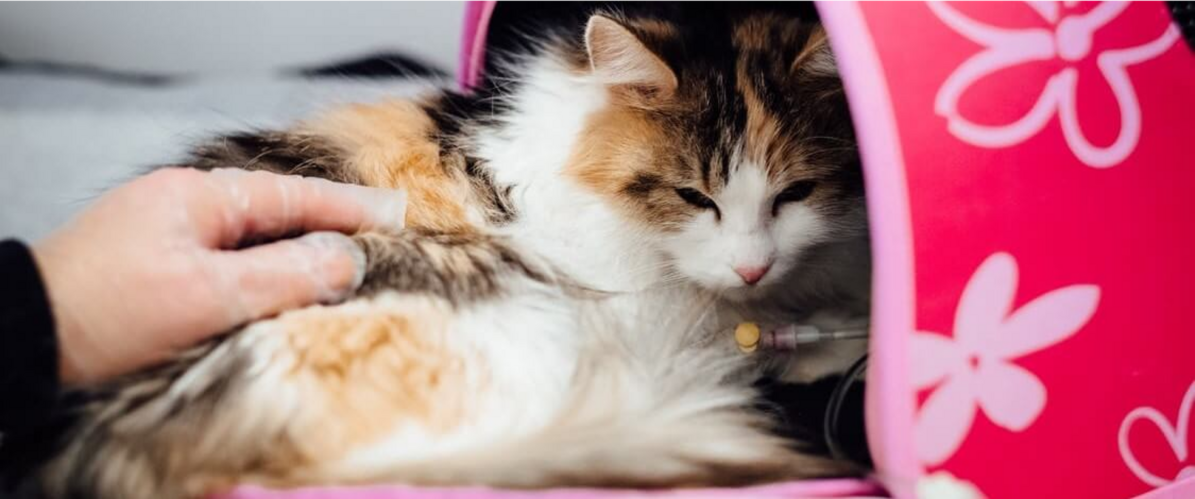
First you will need to know what level of care you expect for your pet in an emergency situation or if your pet needs to stay overnight. In an ideal world, every patient would have continuous monitoring overnight, but this isn't always possible. Some clinics may not have anyone in the clinic overnight, but may perform regular checks during the night or monitor via cameras. Other clinics may transfer their patients to emergency or 24 hour care hospitals overnight for monitoring. If they do, check who transfers the pet between the clinic and the hospital as well.
Likewise, not all clinics are equipped to handle emergencies, and some may only be equipped to handle common emergencies. Ask your potential clinic what emergencies they are equipped for, and if not, what emergency clinics they would refer you to. You will want to know where you need to take your pet in an emergency situation before one happens so you can get your pet treatment as soon as possible.
8. Do They Have A List Of Preferred Specialists?
There's a chance you may need specialist veterinary treatment at least once in your pet's life. This could be for orthopaedic surgery, nutrition, skin conditions (dermatologist), eye conditions (ophthalmologist), cancer treatment (oncologist), or a medicine specialist. If your clinic doesn't provide these services, you'll want to know if they have a sister clinic or preferred specialist they are able to recommend you to, and you might want to know how far away that specialist is as well.
9. Do They Offer Payment Plans?
We all know that veterinary treatment is expensive. Unfortunately, our pet health care isn't subsidised by the government like human health care - there's no Medicare for dogs! This means that the medical equipment we use, tests we run and medications we administer all cost a lot of money, which often falls on the client as the clinic needs to cover its expenses and pay its staff. So you need to be sure that you will be able to cover the cost of general health care, as well as health problems or emergencies that may pop-up!
Because we also know that veterinary care isn't cheap, some clinics may accept payment plans or payment aid services like ZipPay or VetPay. You may also want to consider setting aside some money for your pet's treatment or investing in Pet Insurance to cover large expenses that may arise.
10. How Welcoming Is The Vet Clinic?
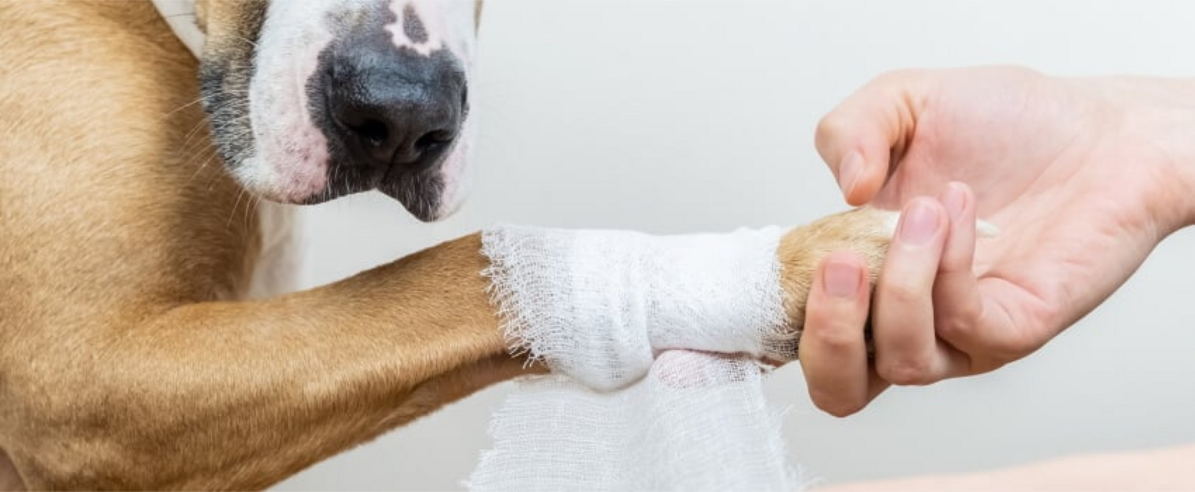
Once you've found a clinic that you know is going to provide the services your pet needs and meet your expectations for your pet's care, you want to make sure that clinic is also going to be a pleasant place to visit. Most staff will be polite on the phone and happy to answer any questions you have. The clinic should be clean and the waiting room inviting. The reception staff and nurses will generally greet you in a friendly manner and be kind and patient with your pet. The vet will be attentive and friendly to both you and your pet. This makes the veterinary visit experience pleasant for you and your pet.
If you feel at all uncomfortable with your vet, you can ask to see someone else next time and don't feel ashamed to try another clinic
How To Be A Good Pet Patient Parent

Any relationship is a two-way street! Your vet genuinely cares about your pet, but how you behave, and sometimes how your pet behaves, can sour a relationship too. So what can you do to help make a trip to the vet as pleasant as possible?
1. Be Kind and Courteous
Treat others how you wish to be treated! The same as you hope that your clinic's staff will be friendly with you and your pet, the staff hope you will be friendly with them as well. Any consultation will run much more smoothly if both parties are polite and considerate.
2. Know Your Pet's Details
If you are booking your pet in for an emergency, or even a routine consultation, it is important to know your pet's details already. This means their name, breed, age and gender, including whether they are neutered. Providing these details quickly can get your pet booked in smoothly, and help them get into the vet quicker in an emergency, rather than fiddling around with paperwork.
It also helps to be prepared with what questions you would like to ask your vet. Write them down if you need to so that you don't forget. Come prepared with any samples your vet might need, such as urine or faeces, and if you want to ask about something that your pet is unlikely to do in the clinic, video footage can be really helpful to observe what is going on.
3. Be On Time and Be Patient

Most Veterinary clinics are very busy and run on a tight schedule. Vets are trying to dedicate the deserved amount of time and attention each pet needs while providing for a long list of appointments. There may also be paperwork to fill out when you arrive or pre-consultation checks, like getting a weight. Arriving at least 5 minutes before your appointment means your pet can be seen on time. If you arrive late, this could push back other appointments and limit the amount of time your vet has to see your pet, they may even ask you to reschedule your appointment.
Not only is the clinic likely to be pressed for time, there will also be emergencies and more serious cases coming in that need to be addressed quickly or take longer to work up. The vet may be running late. Your patience is always appreciated while more serious cases are seen first.
Our article Emergency Vet Wait Times explains the triage system in more detail and why your vet may not be running precisely on time.
4. Ask Questions
Your Vet wants you to understand what is happening to your pet and what the best course of treatment is, so that your pet gets the best care and that everything goes smoothly once they are back at home. Not all vets will explain things the same way or use the same terminology. If there is ever anything you are unsure about, make sure you ask your vet to clarify for you. Some vets may also be happy to write information down, send you an email or provide brochures and additional resources.
Thought of a question after your consultation? Feel free to call your vet up to ask, or you can reach out to our Vet Squad with Live Chat.
5. Keep An Open Mind
Remember to keep an open mind when asking questions. Your veterinarian has years of study, science and experience backing their recommendations, which may vary from what your preferred approach may be.Be open to your vet's expertise and knowledge so you can make an informed decision on what is the best for your pet's health. If there is any information you feel uncertain about, you are more than welcome to seek a second opinion.
Raw bones are an excellent example of where perspectives might vary with many owners liking them for their teeth cleaning benefits, and many vets seeing the consequences such as fractured teeth, obstructions and internal damage.
6. Have An Idea Of What Is An Emergency
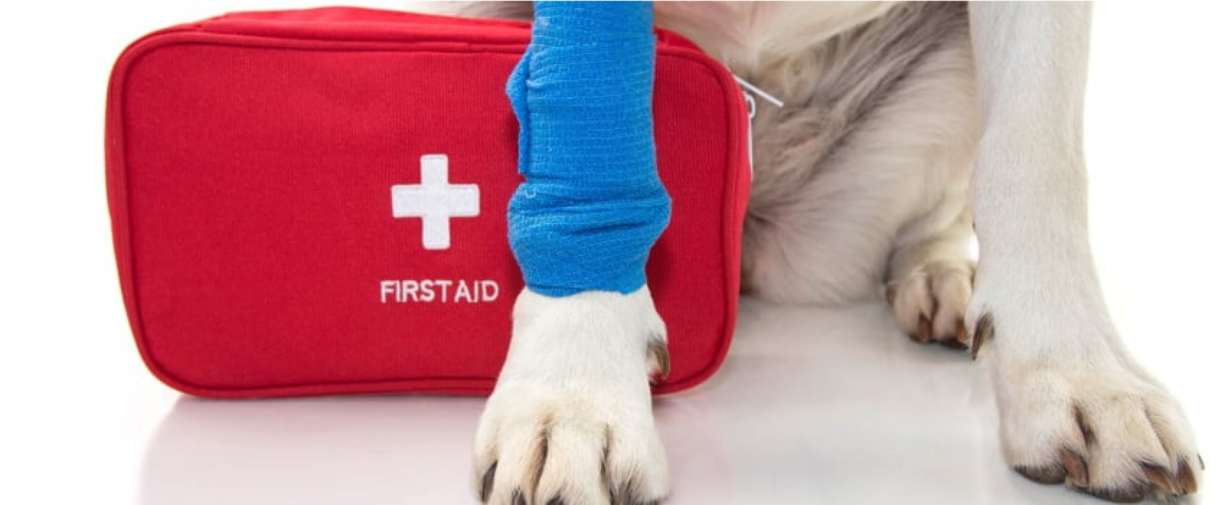
It is really helpful for your vet if you have an idea of what is an emergency and what can be seen when they next have availability. Emergencies need to be seen immediately, and often take precedence over routine appointments or sick pets that aren't in critical condition. Knowing your pet's health is an emergency can also help the vet get prepared and get your patient in quickly. It also means you can avoid calling the emergency clinic or after hours vet for something that isn't urgent, giving them more time to look after cases that need their attention.
Some common in-house services that clinics provide are:

Traumatic Injury

Broken Bones

Difficulty Breathing and Panting in Cats

Open Wound or Profuse Bleeding

Collapse

Toxin Ingestion - Vomiting can be induced by a vet within 1 hour of toxin ingestion

Unable to Urinate or No Urination in 24 hours

Not Drinking for 24 hours
For more information on what conditions are emergencies and how you might be able to help your pet until you can get into a vet, check out our articles Pet First Aid Tips and How Often Should Your Pet Visit The Vet.
Further Reading
Want to read more? Check out our other articles:
Preventative vs Restorative Pet Care
Want to know more? Check out our Discover Page for more tips on keeping your pets happy and healthy.